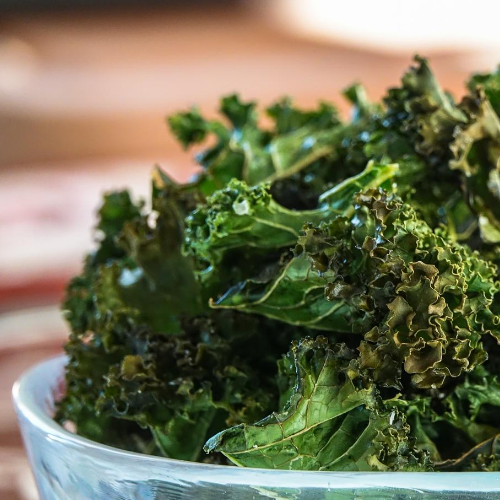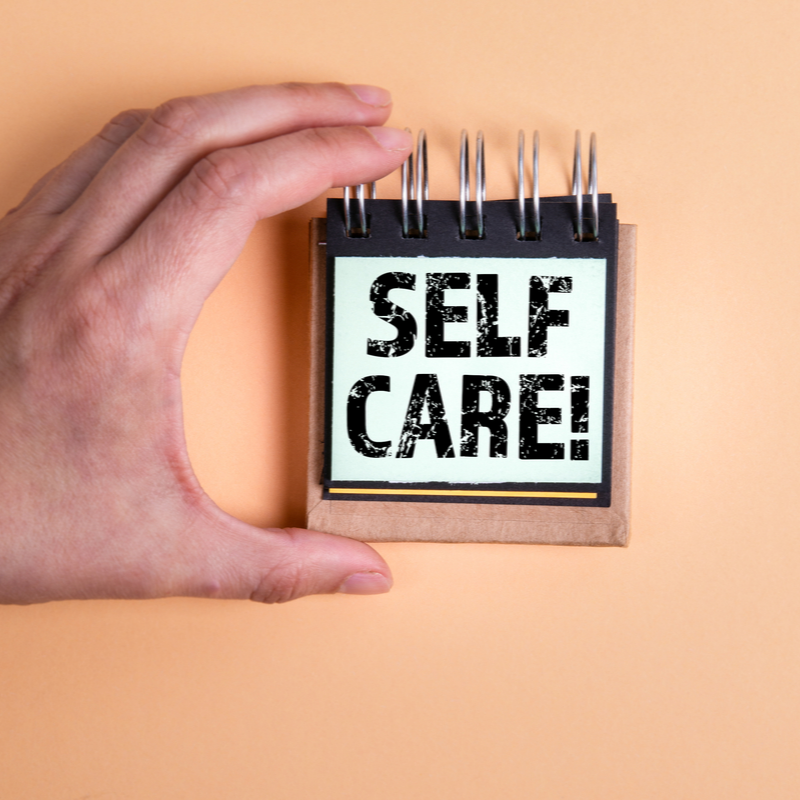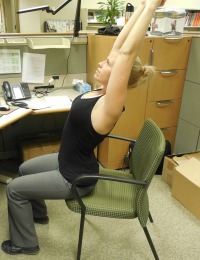

Did you know Multiple Sclerosis is at least two to three times more common in women than in men?
What is Multiple Sclerosis or MS?
Multiple Sclerosis or MS is a chronic autoimmune disease of the central nervous system. An autoimmune disease is when the body’s immune system attacks normal healthy tissues. The body of a healthy individual produces proteins called antibodies to protect us against viruses and bacteria, however, the immune system of someone with MS produces autoantibodies that cannot distinguish between healthy tissues and foreign pathogens. These autoantibodies destroy the fatty substance called myelin that coats and protects nerve fibers in the brain and spinal cord. The damage to the myelin sheath leaves multiple lesion and scars, which is where the disease derives its name Multiple Sclerosis, from “Multiple Scarring”. Nerve fibers play an important role in our body by sending signals to and from the brain, when the protective layer of these fibers is damaged, the nerve signals or impulses slow or even stop causing neurological problems such as vision loss, muscle weakness, muscle spasms, loss of coordination, and changes in sensation.
What causes Multiple Sclerosis?
The main cause of disease is still unknown. However, research suggests that MS may be triggered by a combination of environmental and genetic factors. These can include
- There is no direct link between MS and gene, however, the chances of an individual with a family member or relative with MS is most likely to develop the disease as well
- Lack of sunlight or low vitamin D levels may play a role in the condition as the disease is more prevalent in countries far form the equator
- Lifestyle habits such as smoking increases the likelihood of developing the disease
- Infectious agents such as viruses and bacteria may cause the immune system to malfunction which can potentially lead to MS
- Females are more likely to develop MS than males
Symptoms
Although symptoms may differ form person to person, some common symptoms associated with damage to the Myelin include
- Electric shock sensations in the neck, occurs with certain neck movements such as bending it forward
- Weakness or numbness in limbs that typically occurs on one side of the body
- Lack of coordination or tremor
Other symptoms include
- Blurry vision or vision loss
- Slurred speech
- Tingling or pain in parts of the body
Treatment
Currently, there is no cure for Multiple Sclerosis. Treatment is focused on recovery from attacks, easing symptoms and slowing the progression of the disease.
How to support friends and family with Multiple Sclerosis
- Treat them normally as you always have
- Refrain from sending “cures” from the internet
- Ask them how they are doing every couple of months
- Offer help with tasks and chores that might be difficult for them to complete
- Educate yourself about the disease by using resources online, reading books, or asking questions













































































































































































































































































